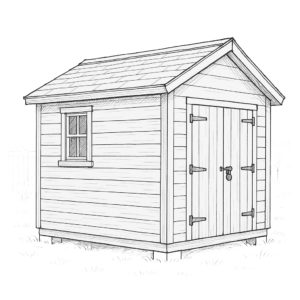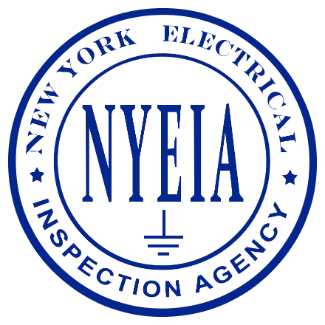
This accessory structure is considered to be at grade level
In the National Electrical Code (NEC), certain requirements depend on whether a structure is considered to be “at grade” or at ground level. For example, NEC Article 210.8(C)(2) requires Ground-Fault Circuit Interrupter (GFCI) protection in dwelling unit garages and accessory buildings that have a floor located at or below grade level. However, the NEC does not explicitly define what “at grade level” means in the context of structures such as sheds, garages, or accessory buildings.
In the absence of a specific definition, inspectors must rely on context and common industry usage. NEC Article 90.4 grants the Authority Having Jurisdiction (AHJ) the authority to interpret the Code in a way that ensures the intended level of safety is being achieved. When the NEC lacks a formal definition, standard references, such as Webster’s dictionary definitions, are often consulted. In situations where clarity is still lacking, electrical inspectors will typically default to the interpretation that favors a greater level of safety.
In construction and inspection practice, “at grade level” is generally understood to refer to a structure that is accessed directly from the surrounding finished ground surface, with little or no elevation change. An accessory structure with a slab-on-grade foundation or a floor slightly elevated above adjacent grade (such as a foot or so) would reasonably be considered the be “at grade.”
Unless and until the NEC provides a more precise definition, such as stating that any elevation places a structure above grade, it is both practical and consistent to interpret “at grade level” as meaning accessible from the finished ground surface without a significant elevation change, rather than requiring the floor to be perfectly flush with the ground.
This interpretation supports consistency, reduces confusion, and promotes uniform code compliance across jurisdictions. If you have questions about your specific project or if you would like further clarification, please feel free to contact us or your local inspector.
